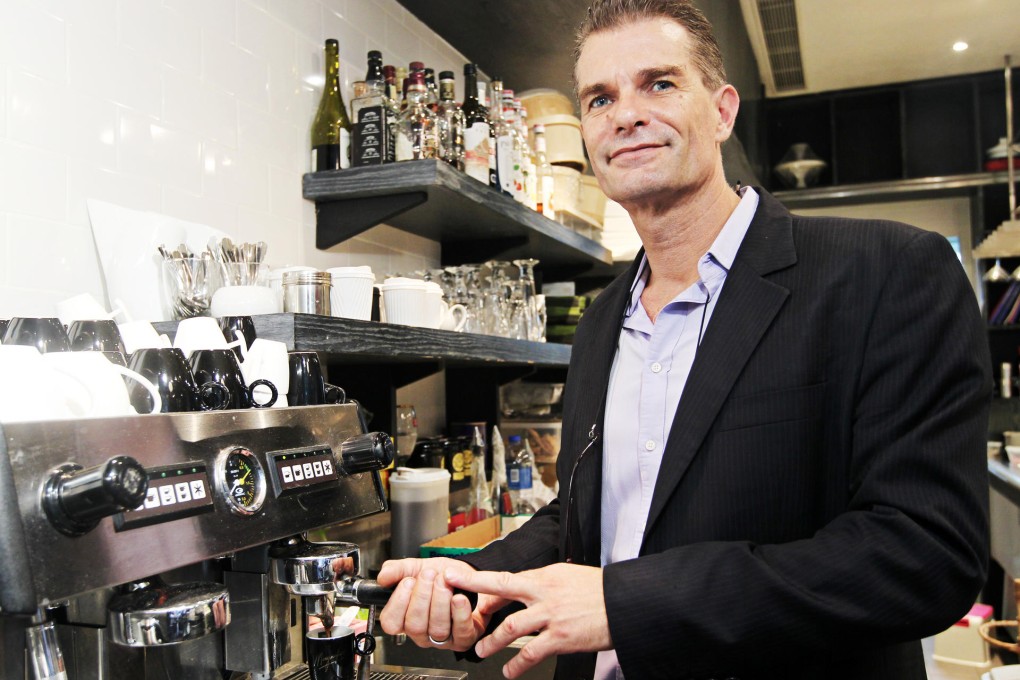Brazil's drought has resulted in an increase in the price of coffee

With the price of wholesale coffee set to surge as much as 20 per cent in the next few months, it's customers at cha chaan teng and speciality roasters who can expect to bear the brunt of any increases. Prices at cha chaan teng may rise by HK$5 to HK$20 a cup, but Hong Kong hipsters drinking speciality brews can also expect to pay more.
"The ones that are worried the most in the industry are speciality micro-roasters because they will definitely have to pass the rise on to their customers," says Eric Daniel, coffee consultant at L'Ami Cafe Hong Kong, which distributes coffee labels under gourmet French brand Cafés Richard, and trains coffee baristas.

While raw materials may vary at cha chaan teng - with many opting for instant coffee or low-priced robusta beans, it is the more expensive Arabica bean that is most in focus. As global demand is looking to outstrip demand in light of the Brazilian drought, this has pushed up the prices of beans from other countries.
The International Coffee Organisation (comprising producers, exporters and importers) has warned that Brazil's coffee crop could be affected for years to come.
"It will be interesting to see how weather in Brazil, the largest world producer, might influence global coffee prices so much," says Daniel. "Funnily enough, last year was the opposite - it was fine weather, but the consumer did not see the price of his favourite brew plunging," Daniel adds, "nor did anybody talk about it.
"At my level, as a distributor, I will not feel the hike that much, nor will my customers. The bigger roasters working with bigger brokers who work with coffee futures contracts may not be badly affected."